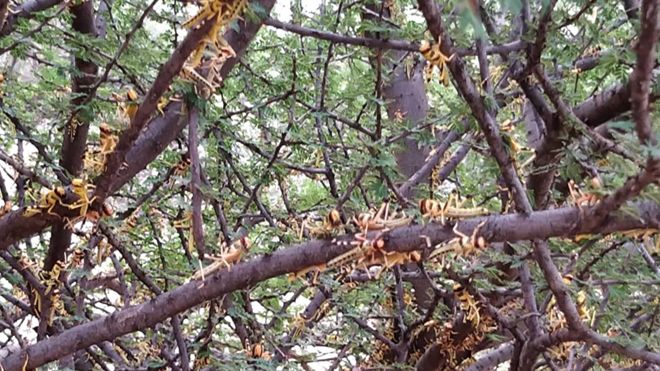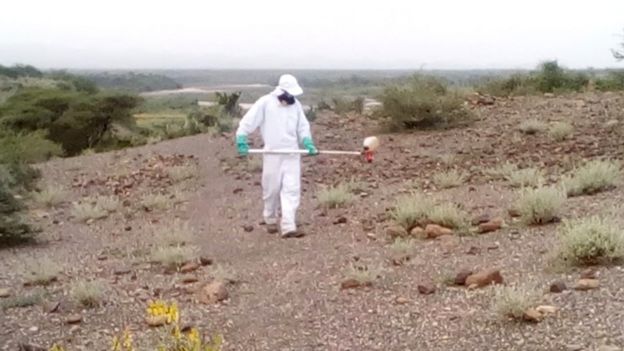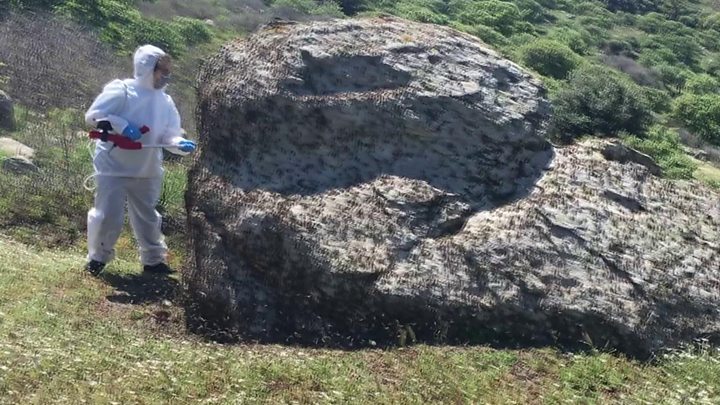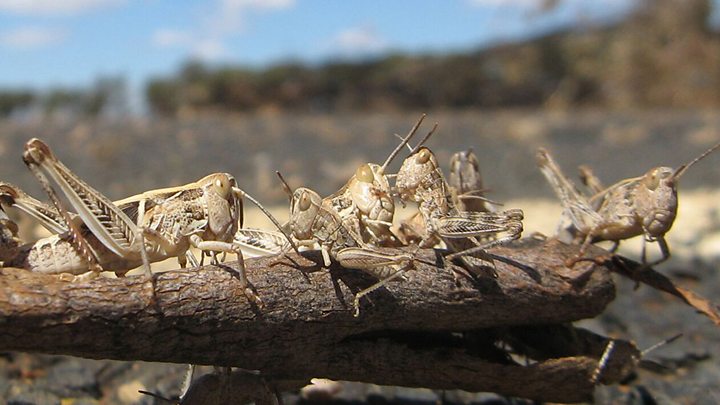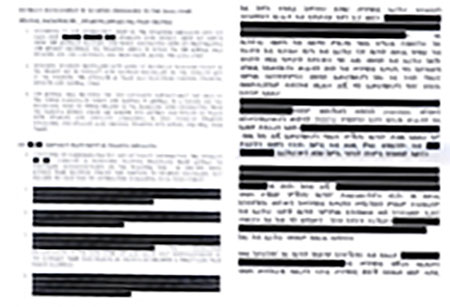Source: BBC Tigrinya Service

Eritrea, through PM Abiy Ahmed of Ethiopia’s initiative, agreed to a peace deal with Ethiopia in June 2018 following two decades of animosity. Soon after the peace deal, PM Abiy played a big role in persuading the UN to bring Eritrea in from the cold. UN Security Council reciprocated by unanimously agreeing to lift sanctions against Eritrea that were imposed in 2009.
It is to be remembered that an arms embargo, asset freeze, and travel ban were imposed in 2009 amid claims Eritrea supported al-Shabab militants in Somalia. Eritrea always denied the accusations. Eritrea was also criticised for human rights abuses and compulsory national service conscription, which are still driving its citizens to flee in huge numbers.
What happened to the country’s economy since the lifting of the sanctions? BBC Tigrinya has published a story based on its assessment of the Eritrean economy a year after the lifting of the UN sanctions. https://www.bbc.com/tigrinya/50444228
The story depicts a grim picture – the economic situation of the country has not improved at all for the average citizen a year after the lifting of sanctions. Many Eritreans, including those living abroad, hoped the lifting of the sanctions would usher in a new era in the country.
On the contrary, “the price of goods has increased [after the peace accord was signed]” reported the story. “More Eritrean refugees are living in Ethiopian camps now [than ever]”, it added.
The standard of living in Eritrea remains very low. And the quality of life continues to get worse.
Border crossings: Opened in summer, closed in winter of 2018
During the brief window when the border was open, trade flourished along border towns. People were happier and embraced one another. Many families who were separated by the border managed to re-unite. Eritreans could witness for the first time how Ethiopia, particularly the Tigrai region, was transformed while the conditions in Eritrea arrested the development of the country.
After the declaration of peace Eritreans expected the government would take steps to end the open-ended national service and ensure that young Eritreans’ right to education would be respected. This was particularly so after the Eritrean government’s primary excuse for prolonged military service – the “no peace, no war” situation with Ethiopia – no longer applied. Eritreans also hoped the border, the perennial problem between the two countries, would be demarcated.
Border demarcation and putting limits to the national service never materialised. The peace process stalled as the border crossings were once again shut. Many blame Eritrea for closing its border crossings without any explanation. Experts believe that either opening or closing the border has economic repercussions for the country; and Eritrea’s wavering stance shows the leadership, gripped by paranoia, cannot manage its border crossings efficiently. They were obviously alarmed by the sudden flow of goods in and out of Eritrea and the fraternal attitude people showed to one another.
The Never-ending National Service
“The peace deal provided some hope that restrictions on national service would be lifted, but so far there has been little change in Eritrea”, said Human Rights Watch. The indefinite conscription system was never lifted prompting more Eritreans to flee. In October 2018, the UN refugee agency noted a seven-fold increase in refugees fleeing Eritrea after the borders opened, with around 10,000 refugees registered in one month.
The effect of mandatory conscription has always had a negative impact on the country’s economy. According to a report published by HRW (Aug 2019), “the system of conscription has driven thousands of young Eritreans each year into exile: an estimated 507,300 Eritreans live in exile out of an estimated population of around five million. Many of those fleeing are aged 18 to 24. Thousands, including unaccompanied children, take the perilous journey toward Europe.”
Why is Eritrea dragging its feet?
According to analysts, 2018 did not bring real changes to Eritrea. Instead, as 2019 witnessed it, the peace accord and the political manoeuvrings that ensued did not improve the lives of Eritreans. In that case, one can question if the peace accord was just a ploy to have the sanctions lifted.
Introducing real reforms in Eritrea would certainly test its leaders, who are determined to preserve the status quo, to the limit. The peace accord, the lifting of sanctions, opening border crossings, limiting the national service, demarcating the border are important milestones that have yet to be realised in Eritrea. Eritrea will continue to drag its feet because there is much at stake for its leaders if they yield to real changes in this post-stalemate era.


 Picture from the ruling coalition’s executive committee meeting on Saturday November 15,2019.
Picture from the ruling coalition’s executive committee meeting on Saturday November 15,2019.
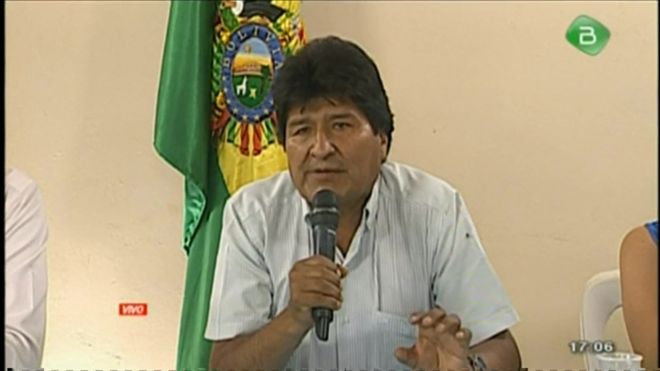
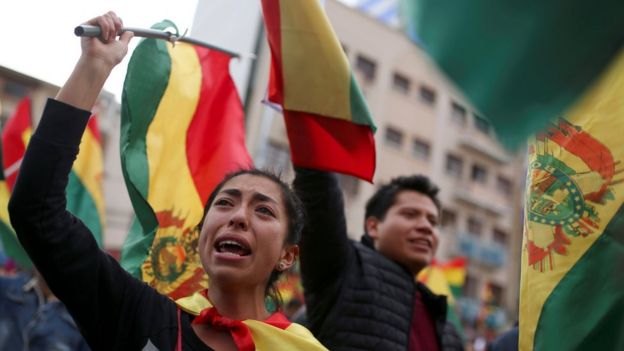
 Issayas Afeworki © REUTERS/Feisal Omar
Issayas Afeworki © REUTERS/Feisal Omar Yemane Ghebreab © UN Photo
Yemane Ghebreab © UN Photo
 Abraha Kassa © all rights reserved
Abraha Kassa © all rights reserved
 Yemane Ghebremeskel © all rights reserved
Yemane Ghebremeskel © all rights reserved
